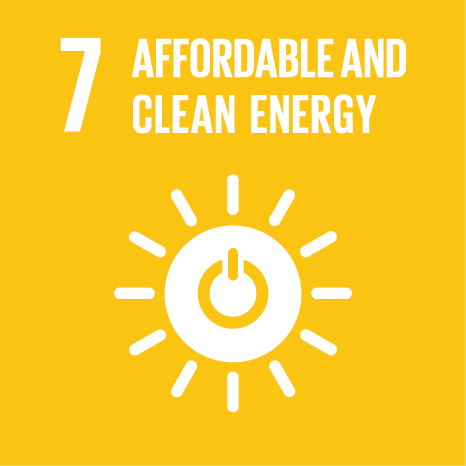The green energy transition is being promoted around the world as key to tackle climate change. However, as it is increasingly fostered and associated measures implemented, such as the deployment of renewable energy infrastructures (REI), contestation also has risen. Social sciences’ research has attempted to analyze and understand this relevant social issue in the last decades and proposed several and distinct conceptual frameworks for that. The NIMBY (Not in my backyard) framework has been one of the most widespread and well-known frameworks for explaining opposition specifically to REI but is being increasingly questioned by more recent frameworks that emphasize instead the roles of issues of (in)justice in REI related decision-making processes and policies and their impact on negative responses to these infrastructures. However, the proliferation of conceptual frameworks on energy justice and related issues regarding REI has been immense in recent years and it is difficult to, from a practical and empirical perspective, understand how exactly their relevant insights and contributions can be applied to particular REI projects and decision-making. This project aims to contribute to that by conducting a systematic academic and grey literature review of the most recent literature on community responses to renewable energy and associated infrastructures. For this, solar energy and associated infrastructures will be particularly focused, as an expanding and crucial technology within the renewable energy transition, namely in countries like Portugal and Switzerland. Based on this literature review we will then propose an integrated framework to be discussed and validated with key experts and stakeholders in the area. Based on these two previous tasks, the end goal of this project is to deliver a handbook with guidelines for policymakers, energy companies and local communities, on best practices for the successful deployment of REI, particularly solar.
The present proposal has as its main goals and expected results to:
1. Conduct an updated systematic (academic and grey/benchmarking) literature review on community acceptance to renewable energy and associated infrastructures, that includes the most recent conceptual frameworks and best practices on understanding community acceptance and their empirical validation, including success stories. Solar will be particularly focused, as an expanding and crucial technology within the renewable energy transition, and namely in countries like Portugal and Switzerland;
2. Based on (1), propose an integrated conceptual framework, to be discussed and updated with leading experts and key stakeholders in the area. This will be done through conducting a one full-day workshop at the Swiss Research Foundation for Electricity and Mobile Communication/ETH Zurich;
3. Based on (1) and (2), deliver a handbook with guidelines for policy-makers, energy companies and local communities, on best practices for community acceptance of renewable energy and associated infrastructures, particularly solar.
| Research Centre | Research Group | Role in Project | Begin Date | End Date |
|---|---|---|---|---|
| CIS-Iscte | PsyChange: Psychology of societal change | Leader | 2024-04-01 | 2025-11-30 |
No records found.
| Name | Affiliation | Role in Project | Begin Date | End Date |
|---|---|---|---|---|
| Susana Batel | Research Fellow (DPSO); Integrated Researcher (CIS-Iscte); | Global Coordinator | 2024-04-01 | 2025-11-30 |
| Ross Wallace | -- | Researcher | 2024-04-01 | 2025-11-30 |
| Reference/Code | Funding DOI | Funding Type | Funding Program | Funding Amount (Global) | Funding Amount (Local) | Begin Date | End Date |
|---|---|---|---|---|---|---|---|
| B2023-01 | -- | Contract | Swiss Research Foundation for Electricity and Mobile Communication - -- - Switzerland | 100 000 | 100 000 | 2024-04-01 | 2025-11-30 |
No records found.
No records found.
No records found.
No records found.
No records found.
With the objective to increase the research activity directed towards the achievement of the United Nations 2030 Sustainable Development Goals, the possibility of associating scientific projects with the Sustainable Development Goals is now available in Ciência_Iscte. These are the Sustainable Development Goals identified for this project. For more detailed information on the Sustainable Development Goals, click here.

 Português
Português




